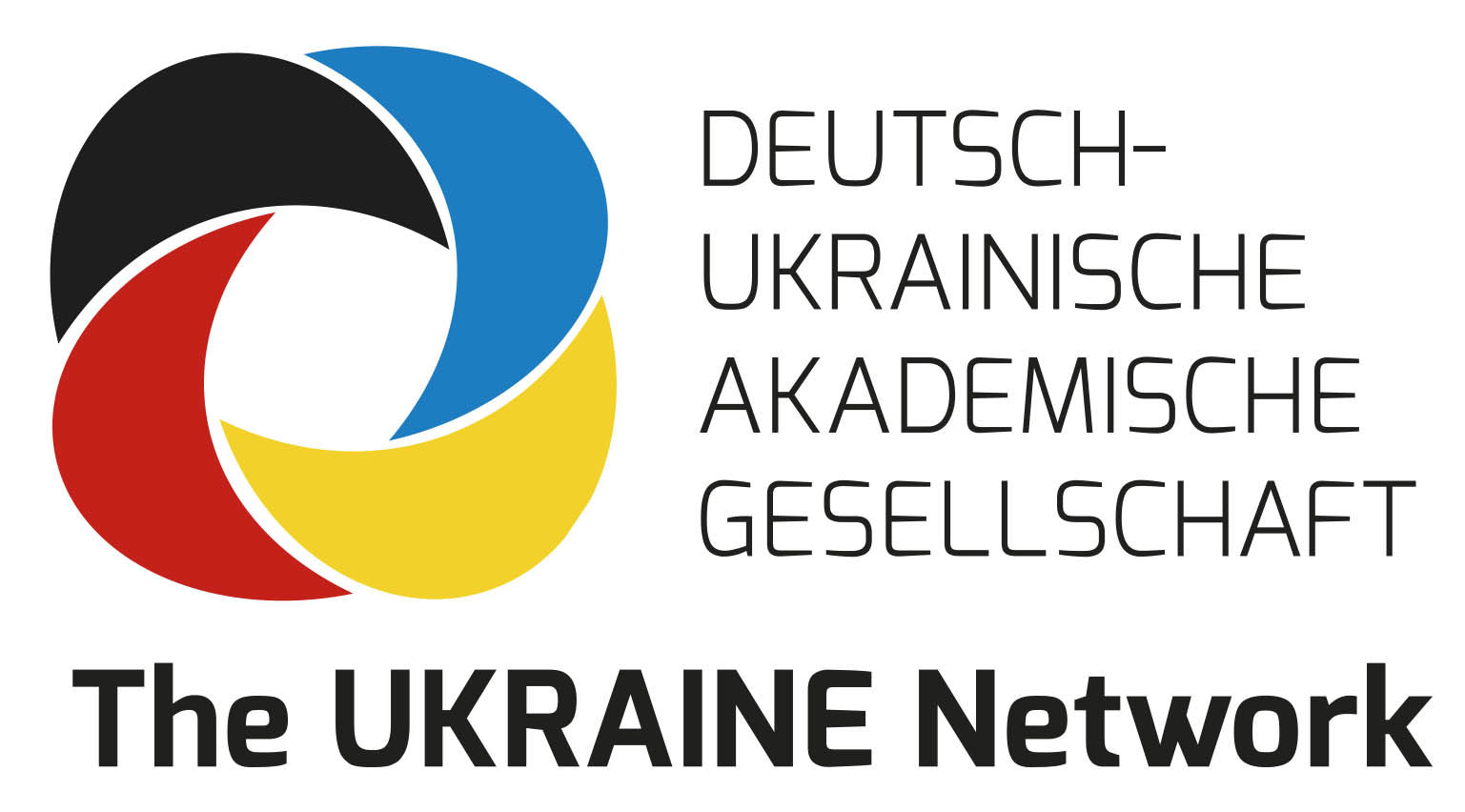For the third year in a row, a Ukrainian Studies winter school aimed at students and early stage researchers was held at the Ukrainian Free University (UFU) in Munich.
By Lukas Joura, HU Berlin
It was organised by the UFU in cooperation with Ludwig Maximilians University (LMU), the University of Regensburg and the Leibniz Institute for East and Southeast European Studies and brought together some 25 participants from different countries. The program addressed four themes, each encompassing 3-5 lectures on various topics in both German and English, given by internationally renowned researchers from Ukraine, Germany and other countries.
The history section provided a concise overview of the social, economic and political landscape of Ukraine, starting with Andrzej S. Kaminski’s (Washington/Warsaw) lecture on the early modern history of Ukraine. The talk by Guido Hausmann (Regensburg) analysed the factors behind the (unsuccessful) attempts to establish Ukrainian statehood in the first half of the twentieth century and Katrin Boeckh (Regensburg) provided a detailed overview of the history of the Soviet Ukrainian Republic. The lectures were rounded off by an interesting talk by Dmytro Zlepko (Munich) on the history of the Ukrainian community in Munich and Bavarian-Ukrainian relations. The school was privileged to include talks by prominent literary scholars Tamara Hundorova (Kyiv/Munich) and Alois Woldan (Vienna), who gave an extensive overview of the literary regions of Ukraine, analysing their rich history and its influence on contemporary trends.
As part of the economics section, Myroslav Kyj (Chester, PA) talked on privatization and the implementations of the land reform that is being actively discussed in Ukraine at the moment. Richard Frensch (Regensburg) led a seminar on the importance of institutions in the economics research and Elena Denisova-Schmidt (St. Gallen) presented the results of her extensive research on corruption, pointing to regional peculiarities of these practices in Ukraine.
The section on politics was dedicated to the Russo-Ukrainian war and its geopolitical implications, the role of identities in post-Soviet Ukrainian politics as well as the presidency of Volodymyr Zelensky. Moreover, renowned experts Volodymyr Kulyk (Kyiv) and Taras Kuzio (Kyiv/Baltimore, MA) discussed the phenomenon of populism and its influence on world and Ukrainian politics in a panel discussion moderated by Gerhard Simon (Cologne).
The program was rounded off by a range of public evening events. The performance of poet Serhii Zhadan, who recited texts from his yet unpublished book, and the discussion with literary scholars Tamara Hundorova and Alexander Kratochvil (Berlin) were met with great excitement by the Munich audience. Another public event was held at the Department of Slavonic Philology at LMU. It was dedicated to the topic of trauma in contemporary Ukrainian literature and included thought-provoking lectures by Dr. Nathalia Horbach (Zaporizhzhya), the winner of the XI. Virtual conference of Ukrainian Studies, and Alexander Kratochvil. Furthermore, the participants had the chance to join a guided tour through the UFU library and its archive, with its unique holdings.
This School was very successful: it offered an intellectually nourishing environment and stimulated fruitful discussions among its speakers and participants alike, and further fuelled the participants’ interest in the field of Ukrainian Studies. This success is to a great extent resulted from the dedicated effort of the UFU rector Maria O. Pryshlak and her team at the Ukrainian Free University and Alexander Kratochvil, who curated a stimulating and multidisciplinary program. And now we look forward to its fourth edition in 2021!
